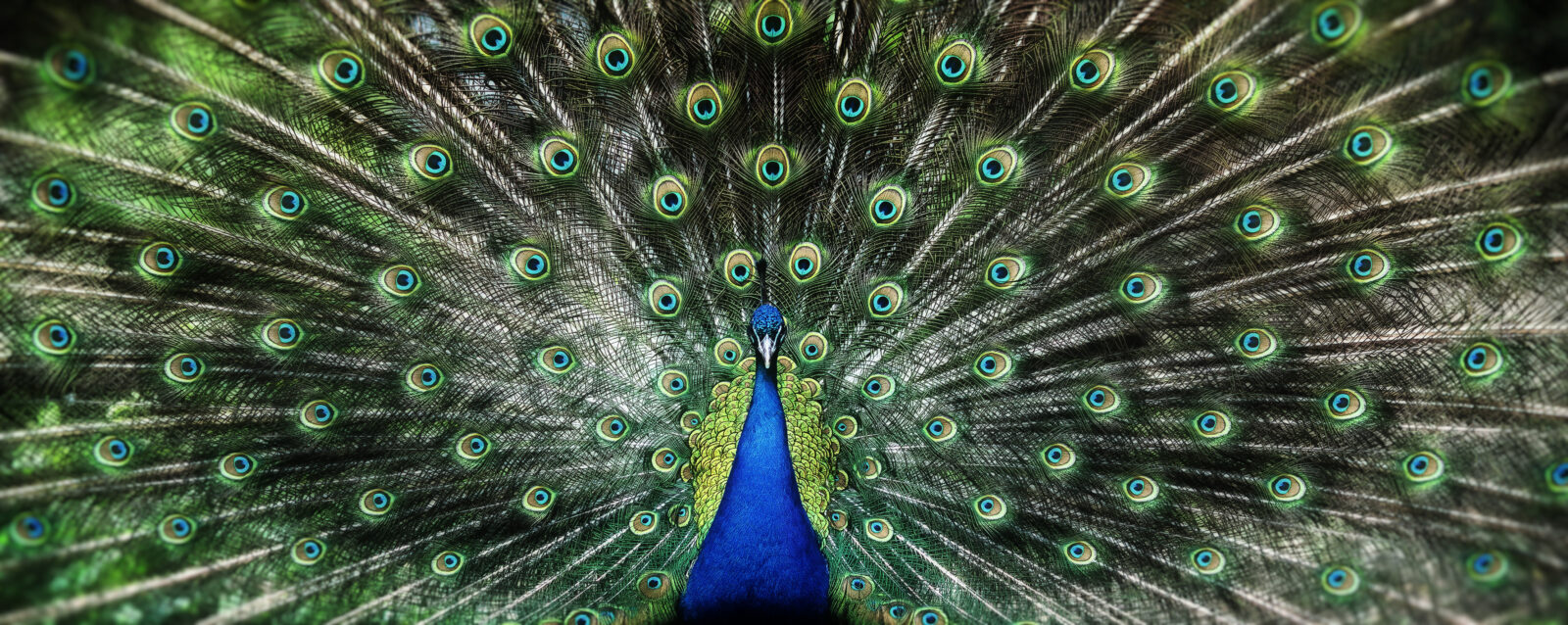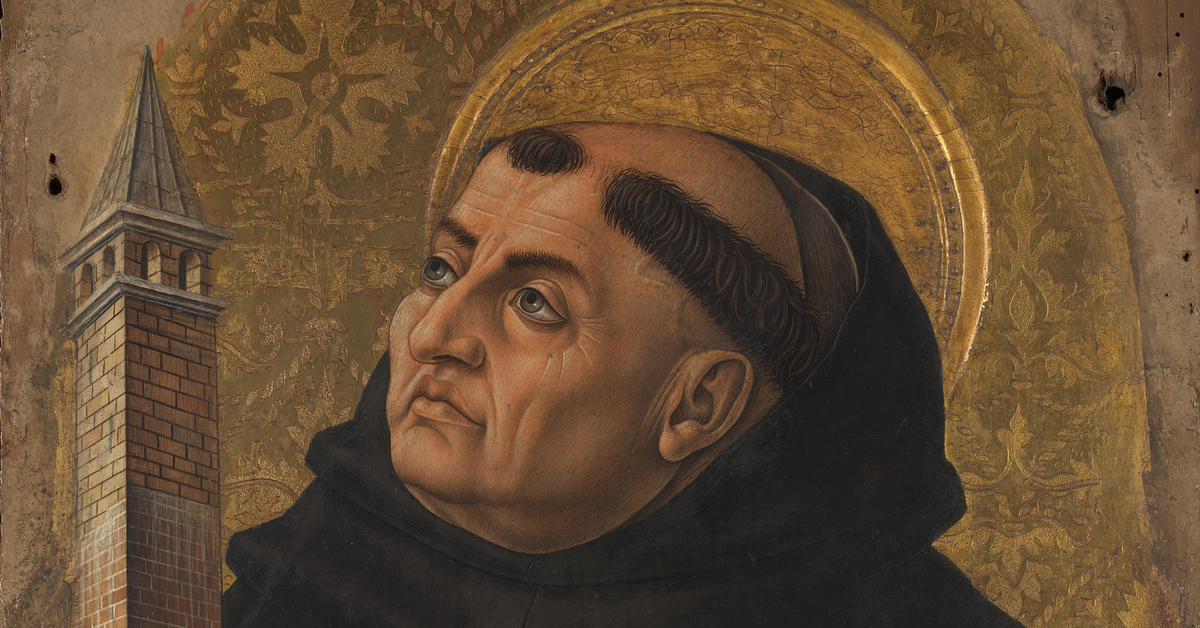


God’s Grandeur: Ann Gauger on the Scientific Case for Design

A Physician’s Fantastic Voyage through Your Designed Body
On today’s ID the Future Your Designed Body author and physician Howard Glicksman takes a deep dive with Philosophy for the People podcast host Pat Flynn into Glicksman’s new book, co-authored with systems engineer Steve Laufmann. As Glicksman puts it, he and Laufmann look not just at how the human body looks but at what it actually takes for it to work and not die, and what this implies for evolutionary theory. Begin by piling up the layers of complexity in the human body—the layer upon layer of complex interdependent systems. Then ask hard questions about whether any blind and gradual evolutionary process could have kept our evolutionary ancestors alive at every generational stage as all this was gradually engineered by countless random mutations over millions of generations, beginning with the first single-celled organisms billions of years ago. Once one faces those hard questions without retreating to vague just-so stories about nature needing vision (or hearing or any number of other bodily functions) and therefore magically evolving it, at that point Darwinism’s story of gradual and blind evolution collapses. The explanation that is left standing, according to Glicksman, Laufmann, and Your Designed Body: intelligent design. This episode is posted her with the generous permission of Pat Flynn and the Philosophy for the People podcast.

Behe and Ramage Debate, Pt. 2: Evolution, ID, and Aquinas
Today’s ID the Future continues the conversation between Catholic intelligent design biologist Michael Behe and Catholic theologian Matthew Ramage. Both agree that nature points to a cosmic designer, but Ramage says he prefers, on aesthetic grounds, the idea that the biological realm has the capacity, gifted by God, to evolve on its own without the need for intervention by God. Behe notes that people have different aesthetic predilections, but it’s the scientist’s job not to figure out how he would have preferred things to have happened in nature, but to discover how they actually did come about. Behe also says that while the sun, moon, and stars do move according to fixed natural laws, it doesn’t follow from this that the many complex forms we find in biology arose purely through natural laws. The question of how they arose requires scientific investigation. Philosophy for the People Podcast host Pat Flynn leads the discussion, which is reposted here by his permission.

Why Aquinas and Darwin Don’t Mix
On this episode of ID the Future, host Jay Richards talks with Fr. Michael Chaberek about Charles Darwin and medieval scholar Thomas Aquinas, one of the most influential of all Western philosophers, and especially central in Roman Catholic thinking. Many Catholic scholars support neo-Darwinism and insist that Aquinas’s work nicely harmonizes with neo-Darwinism. Chaberek, author of the recent book Aquinas and Evolution, and creator of the new website Aquinas.design, offers several reasons to conclude otherwise.
Read More ›